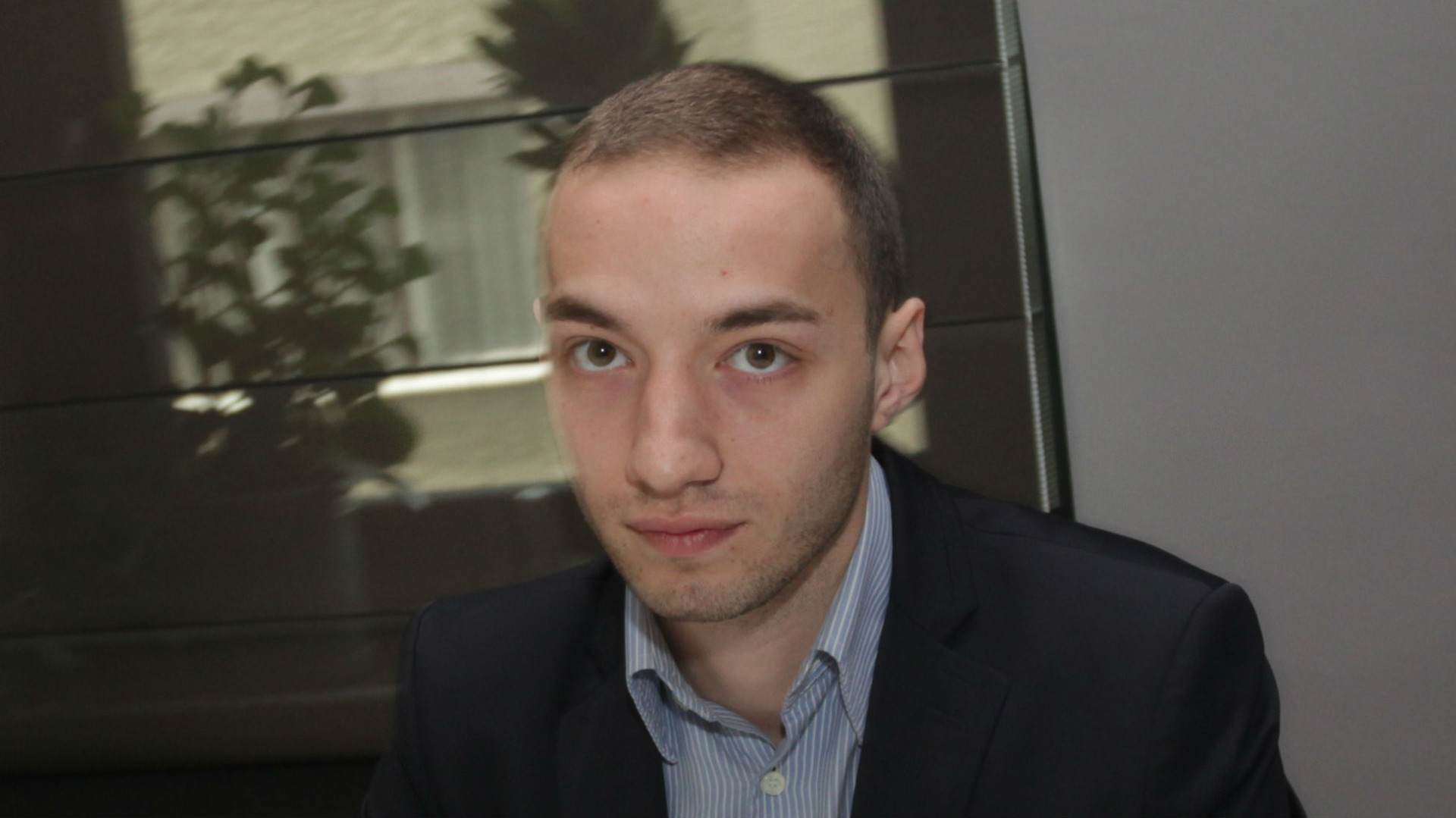It is no exaggeration to say that at the end of the Decade of Roma Inclusion there are symptoms of the group’s permanent exclusion. Such a conclusion can be reached from the data collected from a nationally representative survey of Gallup International.
"The host of Roma issues was set in the context of this study in order to examine the attitudes of ethnic Bulgarians towards this minority due to the ethnic tension that arose in May and June in the village of Garmen in Southwest Bulgaria and in Orlandovtsi district in Sofia," said Dimitar Ganev, one of the researchers in the study.
Respondents were asked to imagine that the political party they supported would nominate a competent and honest candidate from the Roma minority. 18% say they would vote for him and 70 percent are of the opposite opinion.
 “This is confirmed also by other statements in the survey regarding the professional and political spheres such as how you would react if you had a Roma as your boss, as the chief of the police department, as the Vice President of Bulgaria, or as an army officer”, Dimitar Ganev continues. “20 percent of Bulgarian citizens show some tolerance, while the vast majority of about 70 percent remain in the opposite opinion. It is noteworthy also as demographic breakdowns that inhabitants of large cities, where there are Roma ghettos are much more negative towards the Roma than in small ones. The attitude to the Roma ethnic group is not affected noticeably by the level of education. University graduates are no more tolerant than those with secondary education."
“This is confirmed also by other statements in the survey regarding the professional and political spheres such as how you would react if you had a Roma as your boss, as the chief of the police department, as the Vice President of Bulgaria, or as an army officer”, Dimitar Ganev continues. “20 percent of Bulgarian citizens show some tolerance, while the vast majority of about 70 percent remain in the opposite opinion. It is noteworthy also as demographic breakdowns that inhabitants of large cities, where there are Roma ghettos are much more negative towards the Roma than in small ones. The attitude to the Roma ethnic group is not affected noticeably by the level of education. University graduates are no more tolerant than those with secondary education."
Negative attitudes on the personal level are even stronger. Asked whether they would marry a Roma man/woman, only 9% answered positively, while 85% - negatively. Among ethnic Bulgarians only 4% say they would marry a representative of the Roma minority. And with ethnic Turks the share remains very low - only 6 per cent.
75% of respondents agree with the statement that "Gypsies are left with the impression that they have only rights," only 13 percent are of the opposite opinion. This is a result of the low degree of integration in society but also of the feeling of a lack of clear state will to defend the rules for all.
Party differences also do not significantly influence attitudes. Even among supporters of the MRF, an unfriendly attitude prevails towards the Roma, although not as significantly. This is due to the fact that among their supporters highest is the percentage of Roma. Among ethnic Turks attitudes towards Roma do not differ significantly from the attitudes of the Bulgarians to Roma - of course, with nuances. In the end, it turns out that the Roma ethnicity is isolated from the Bulgarian society.
Despite the general negativity, the majority does not go to extremes and is aware of the general principles of tolerance. 64% of all respondents accept the claim that "the obligation of the Bulgarian majority is to ensure equal treatment of all minority groups" against only 22% who take the opposite view. Over 60 percent of respondents agree that the Roma cannot integrate even with efforts by the state. That’s where double mistrust occurs - to Roma communities, but also to the potential of institutions and politicians to deal with the issue. Over half of respondents agree that politicians deliberately cause problems between Bulgarians and Roma. 27% disagree with this statement.
"Gallup International conducts research for 25 years every month on a variety of topics. Similar questions were asked in 1994 and we compared the results. What we see is that for 21 years there has been a very serious regression in relations between Bulgarians and Roma. In this sense, the trend is very unpleasant. If it is not stopped or restricted, this can create a very serious tension in our society. This situation could have catastrophic consequences, which I say with full responsibility," Dimitar Ganev concludes.
English Rossitsa Petcova
Conservationists from Bulgaria Bird Walks are organising a birdwatching walk in Varna today to observe water fowl and forest birds. Two walks are planned in the Sea Garden at 9.00 and 13.00. There will be similar outings every month in the city, said..
The greater flamingo was considered an exotic species for Bulgaria, but for several years, entire colonies have chosen the lakes around Burgas as their residence. Currently, more than 450 flamingos inhabit the Burgas wetlands ...
Ruse now has the longest wooden pedestrian bridge in Bulgaria. The facility was opened at the end of 2024 in the Lipnik Forest Park. The bridge with a total length of 28 m is equipped with a glass railing and 7 glass windows, which..
The Federation of European Carnival Cities has declared Pernik a global center of masquerade traditions. 16 years ago, Prenik was named the European..
On 25 January 1935, Tsar Boris III signed the decree establishing the Bulgarian National Radio. The document, which officially marked the beginning of..

+359 2 9336 661
